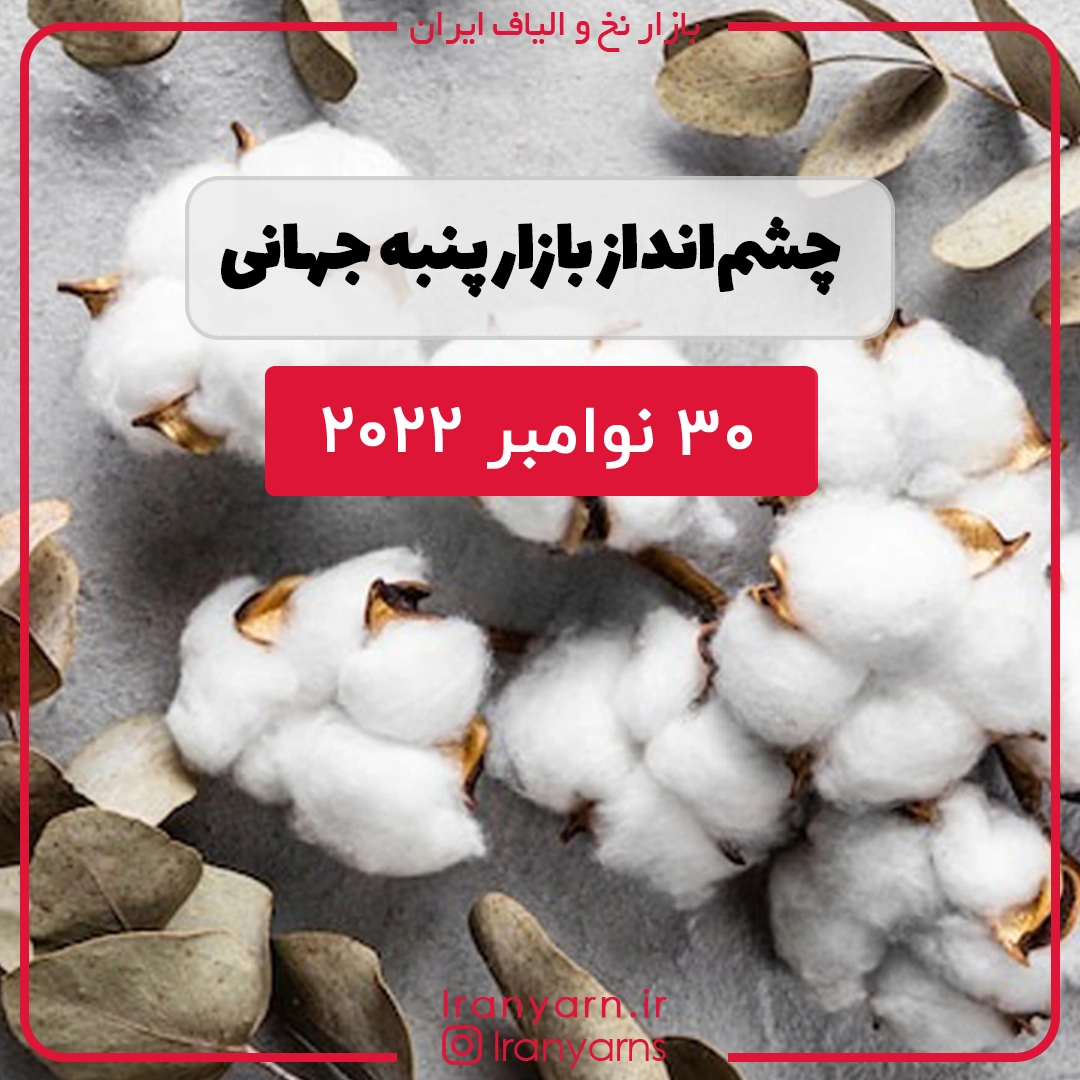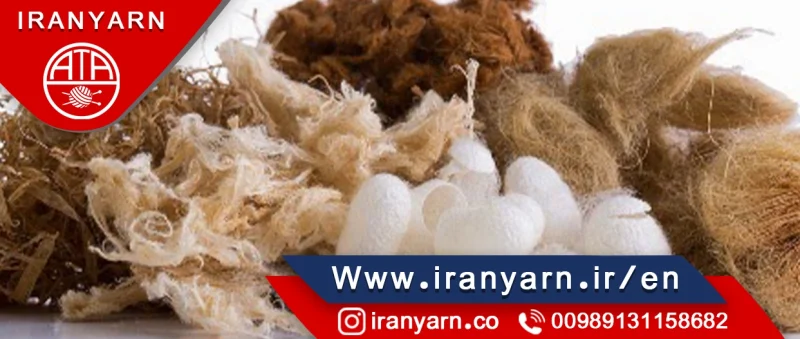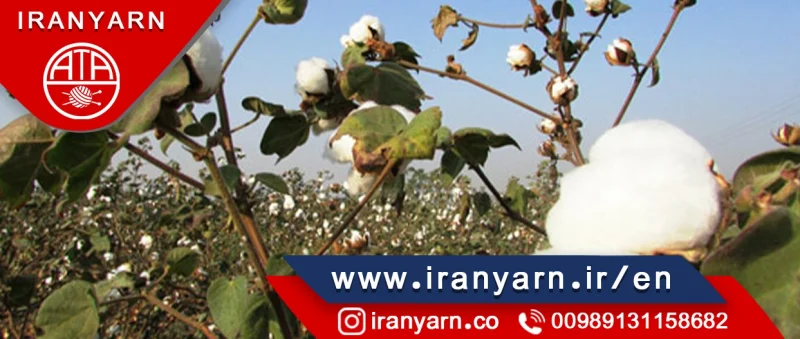India
Cotton traded steady tone across major spot market of north India on Wednesday. Prices were quoted up to 40-50 / maund yesterday evening. Today weather clear. New crop – cotton traded at ready delivery – In Punjab, Rs 6,700-6,800 a maund. In Haryana, it offered at Rs 6,580-6,680 a maund. while in Upper Rajasthan, quoted readty delivery at Rs 6,850-6,900 a maund.
Cotton spot prices steady tone across west India market on Wednesday. Sankar-6, new crop 29 mm (RD-75 & MIC-3.8), in Gujarat traded at Rs 67,500-68,000 a candy and 28.5mm (RD-74) quoted at Rs.65,500-66,500 a candy. V-797 trade at Rs 55,500-56,500 (12-15% trash condition) a candy. While in Maharashtra, new crop good grade cotton (29mm) quoted at Rs 67,500-68,000 a candy.
Cotton spot price was steady to steady tone across the major trading centers of south India.
Pakistan
KCA decreases spot rate by Rs700, closes it at Rs 16,500/maund: KARACHI: Overall bearish trend prevails in cotton prices. After fluctuation bearish trend prevails in international cotton markets. The textile sector is in crisis. Textile sector is in financial crunch and is on the brink of closure. 345 billion rupees refund required. State Bank of Pakistan has given a big blow to the industry by increasing interest rates. A positive strategy should be developed now for the revival of the next cotton crop. Arrangements should be made to provide active seeds, pesticides, fertilizers at cheap rates to the farmers. There should be no sugar mills in cotton areas. Cotton should be preferred instead of sugarcane. Government should consider the offer of taking technology from China and America to increase the cotton crop. Overall bearish factor prevailed in the domestic cotton market during the last week. Textile and spinning mills are cautiously purchasing cotton due to strong demand for cotton yarn and due to decline in prices. Trading volume remained low. There is uncertainty among the ginners who had the stock of cotton. Many producers believe that they are not selling cotton in the hope of a further increase in the dollar price. It is expected to increase. On the other hand, there is no business activity in the textile sector the purchase of cotton yarn and textile products are very low. Mills had the stock of cotton but they are cautiously buying because of the financial crunch. In a statement, APTMA group leader Gohar Ijaz has demanded from the government that billions of rupees are not being paid of refund by FBR of the textile sector due to which the textile sector is suffering from severe financial crisis. The rate of cotton in Sindh is in between Rs 14,000 to Rs 17,000 per maund. The rate of Phutti is in between Rs 4,500 to Rs 8,000 per 40 kg. The rate of cotton in Punjab is in between Rs 14,500 to Rs 17,000 per maund while the rate of Phutti is in between Rs 6,000 to Rs 8,200 per 40 kg. The rate of cotton in Balochistan is in between Rs 15,000 to Rs 17,500 per maund while the rate of Phutti is in between 6,000 to Rs 8,500 per 40 kg. The Spot Rate Committee of the Karachi Cotton Association (KCA) decreased the spot rate by Rs 700 per maund and closed it at Rs 16,500 per maund.
Vietnam
Vietnam, Pakistan to promote trade activities: November 30, 2022 – KARACHI: Head of Vietnam Trade Mission, Nguyen Thi Diep Ha has said that trade exhibitions and meetings would be arranged in near future to promote business activities between Pakistan and Vietnam. Speaking to a delegation of Pakistan Yarn Merchants Association (PYMA), led by Senior Vice Chairman Sohail Nisar, she showed keen interest in promoting bilateral trade and strengthening the ties between the business communities of the two countries. She said that the trade mission would fully cooperate with Pakistani exporters and trade exhibitions would also be organised for enhancing mutual trade, a PYMA statement read. The delegation comprised of Saqib Naseem, Saqib Goodluck, Farhan Ashrafi, Altaf Haroon and Hasan Sohail. Ha urged that business-to-business meetings should be arranged to promote bilateral trade, and also to identify items that have wide opportunities for export and import in Pakistan and Vietnam. This would significantly help in increasing bilateral trade between Pakistan and Vietnam. In order to materialise the great potentials of yarns and fibre businesses between the two countries, the head of the trade mission urged PYMA to send delegations to Vietnam and sign a memorandum of understanding (MoU) with the Vietnam Cotton and Spinning Association (VCOSA). She asked PYMA to draw the attention of the Trade Development Authority of Pakistan (TDAP) to the importance of yarns and fibre businesses in Pakistan’s economy and exports. Ha asked PYMA to seek TDAP and Embassy of Pakistan in Hanoi to support promotional activities in Vietnam, especially in providing market information and settling business disputes. PYMA members agreed to create maximum trade facilitation to promote trade activities between Pakistan and Vietnam. The delegation also assured cooperation in bringing the business community of the two countries closer and conducting B2B meetings.
COTTON & TEXTILES NEWS:
Cotton yarn steady in north India; easing of fibre prices awaited: 29 Nov '22 – South India’s cotton yarn prices remained steady today amid weak demand. The entire value chain is waiting for cotton prices to ease to start buying it, but farmers are unwilling to sell as they consider current prices to be unattractive after witnessing higher rates a few months ago. Traders feel that steady trend may continue by the end of this year. Cotton yarn prices remained stable in Mumbai. Mills are struggling to maintain prices of cotton yarn amid weaker demand. “Mills are facing disparity due to higher cotton prices and poor demand from the weaving industry. Buying from downstream industry will not improve until cotton eases. But farmers are not keen on selling their crop at low prices,” a Mumbai-based trader told Fibre2Fashion. In Mumbai, 60 count carded cotton yarn of warp and weft varieties were traded at ₹1,700-1,750 and ₹1,610-1,630 per 5 kg (GST extra) respectively. 60 combed warp was priced at ₹360-365 per kg. 80 carded (weft) cotton yarn was sold at ₹1,540-1,580 per 4.5 kg. 44/46 count carded cotton yarn (warp) was priced at ₹313-318 per kg. 40/41 count carded cotton yarn (warp) was sold at ₹300-305 per kg and 40/41 count combed yarn (warp) was priced at ₹318-325 per kg, according to Fibre2Fashion’s market insight tool TexPro. Prices remained stable in Tiruppur as well. Buyers remained absent from the market as they were not comfortable with the yarn prices. Traders said that the present situation is likely to continue till the end of the current year and there is little hope for ease in cotton prices. Only lower prices can attract buyers in the textile value chain. Today, 30 count combed cotton yarn was traded at ₹300-305 per kg (GST extra), 34 count combed at ₹315-320 per kg and 40 count combed at ₹320-325 per kg in the Tiruppur market. Cotton yarn of 30 count carded was sold at ₹270-275 per kg, 34 count carded at ₹275-280 per kg and 40 count carded at ₹285-290 per kg, as per TexPro. In Gujarat, cotton was traded at ₹67,500-68,000 per candy of 356 kg. The prices were slightly higher due to an increase in cotton futures. However, the prices were lower compared to last week. According to the traders, MNCs and agri companies are purchasing cotton for deliveries against advance deals. Traders and consumer industry are waiting for prices to decrease, which is not likely to happen anytime soon.
Textile exporters hope for revival after dull Christmas season: November 30, 2022 – KARACHI: Textile exporters in Pakistan, like their regional counterparts, struggle to be merry this Christmas season, as a buying freeze abroad has hit all segments, from apparel, denim and knits to home textiles, though they hope things will get better in the coming months. “This time around, we did not get Christmas orders,” says Sohail Pasha, chairman of the Pakistan Textile Exporters Association. As a rule of thumb, international markets move six months in advance. Hence, Christmas orders are placed in June-July and delivered three months before the start of the season. But demand was slow due to the global economic environment this year. “The recession has spread everywhere, from Europe and UK to Australia and South Africa,” says Mr Pasha, adding that warehouses are already full of inventories. Retailers abroad are having sales to clear out their merchandise. Meanwhile, manufacturers in Pakistan are holding stocks ready to ship overseas. In Faisalabad, the export-oriented mills are working at about 40-50 per cent capacity, and at roughly 60pc in Karachi, he says. Because of excess stocks, the benefits of the rupee devaluation are not kicking in either. “Since they do not want to purchase from us, our lower prices make no difference, and we got no orders for the Christmas season,” explains Mr Pasha. “There are enough stocks on their shelves, their stockrooms and our warehouses to last till March 2023. After that, we are hoping for some positive movement,” he adds.









